Singapore needs to create more jobs in the face of competition
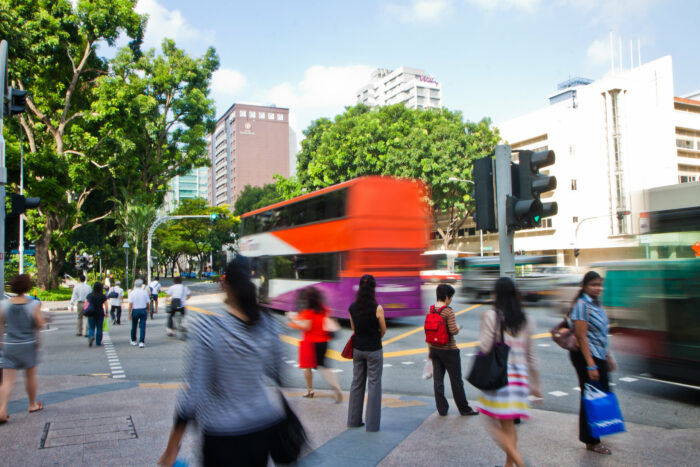
The government has been urged to balance the employment needs of local workers while remaining open to foreign investment and manpower
South Korea trails APAC neighbours in female employment rate
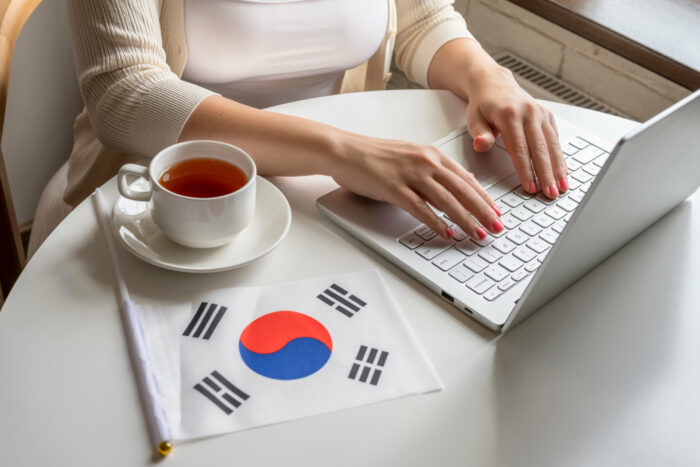
South Korea ranks 30th place out of 36 OECD countries, and falls behind Japan, New Zealand, and Australia.
Four big questions to answer about work after COVID

US-based Futurist and Technology Commentator John Sumser poses the key questions organisations should ask as they rebuild from the pandemic.
Singapore reviews measures for workplace discrimination

The Ministry of Manpower (MOM), together with unions and employer groups, will review the Tripartite Guidelines on Fair Employment Practices
Malaysia allocates RM$3.8 billion to extension of wage subsidy scheme

The programme is to be implemented for four months from August 1st, and would be open to all economic sectors in the first two months.
New law on workplace disaster opposed in South Korea

Employer groups are opposing a new law that will allow CEOs to be punished, even by imprisonment, for serious workplace disasters.
China seeks to protect rights of workers in flexible employment
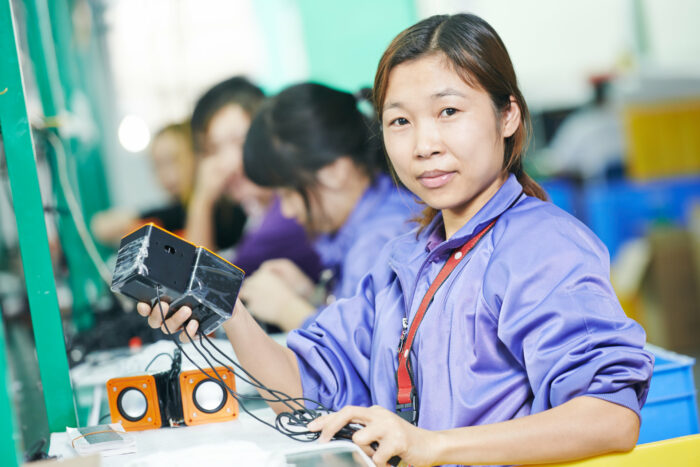
The government is working out new laws to protect the rights of workers, especially those in flexible employment.
Incorporating D&I into recognition to drive workplace success

A new report from the Achievers Workforce Institute highlights the importance of integrating D&I initiatives with employee recognition programmes.
Australia’s Victoria state trials sick leave for casual workers

Consultation for the trial programme will open this month, and the scheme is slated to start in early 2022.
DOLE identifies ‘safe’ establishments in the Philippines

Business owners have been urged to get safety seals for their establishments in the country’s efforts to re-open the economy.
Taiwan’s self-employed to benefit from government subsidies

Self-employed workers who earned less than NT$408,000 in 2020, and who have been impacted by the pandemic, will be eligible for subsidies.
WFH remains default arrangement in Singapore

Despite the easing of social restrictions in Singapore, companies should continue to ensure their employees work from home, whenever possible.
How to create a sense of belonging at the workplace

A new report from the Achievers Workforce Institute details how organisations can improve employee engagement by creating a sense of belonging.
Australia mulls nationwide workplace vaccination

Large businesses in the private sector are encouraged to come on board to speed up the rollout of COVID-19 vaccinations.
Malaysian employers to be penalised for flouting pandemic measures
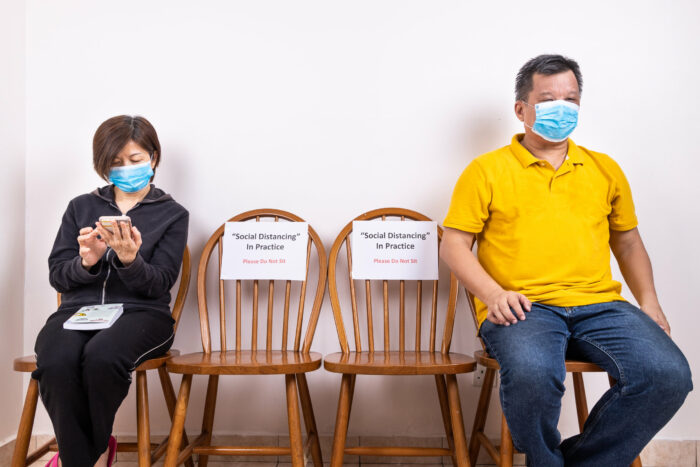
The Malaysian Employers Federation (MEF) has called on the government to penalise businesses not following measures for pandemic control.
Cash benefits given to Singaporean parents ineligible for parental leave

The new measures will allow parents to qualify for paternity, maternity and adoption benefits of up to S$30,000, depending on their income.
Japan PM’s adviser proposes 3% increase in minimum wages

David Atkinson, a member of the government’s growth strategy panel, has called for minimum wages to be raised by at least 3% in fiscal 2021.
Malaysia approves RM$1.3 billion in wage subsidies

The funds have been channelled to 75,262 employers, allowing them to maintain employment of 659,066 workers.
Singapore supports SMEs in new S$1.2-billion package

A new S$1.2-billion (US$890.2-million) support package is designed to help small-and-medium enterprises (SMEs) cope with the pandemic.
WFH government employees in the Philippines reimbursed

Government workers who work from home due to the pandemic can claim for internet expenses of P75-300 (US$1.5-6.1) per month.
Malaysia’s central bank allocates additional RM$4 billion loan facility
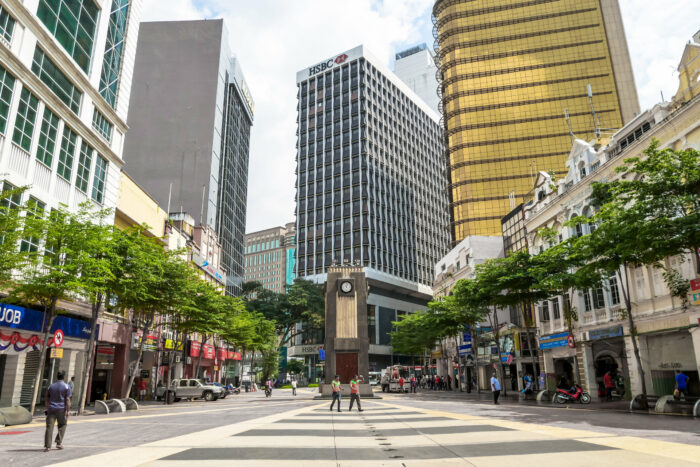
The facility aims to provide relief and support the recovery of SMEs in the services sector, and brings the total allocation to RM$6 billion.
Vietnam proposes another US$1.13 billion pandemic aid package

To offer financial aid to those affected by the pandemic, the government is planning a VND26-trillion (US$1.13-billion) package.
Australia’s NSW new parental leave policy takes effect

Beginning July 1, public sector workers will have access to 14 weeks of paid parental leave in the state of New South Wales.
Cambodia’s PM urges companies to self-test their employees for COVID-19

To effectively contain the spread of COVID-19, companies and private enterprises should equip themselves to do testing by themselves.
World Bank supports India’s informal sector workers

A US$500 million World Bank programme will invest in social protection schemes for urban informal workers, gig-workers, and migrants.
South Korea unveils $33 trillion won budget for pandemic relief
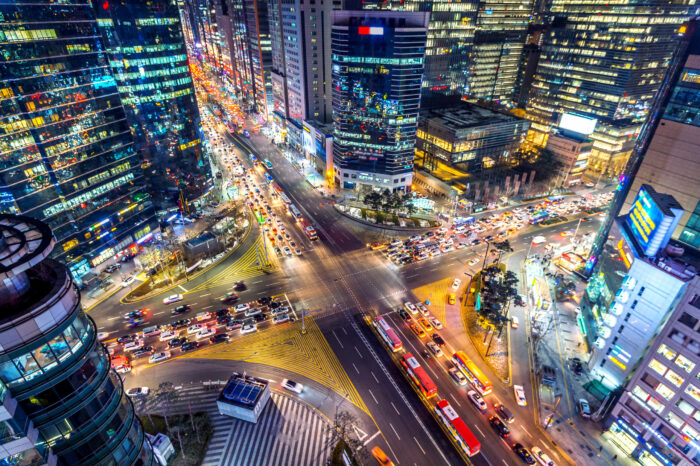
A large portion of the extra budget will be used to support small businesses, provide cash handouts to households and help struggling job seekers.
Employer group in the Philippines opposes 10-day service incentive leave

The Employers Confederation of the Philippines (ECOP) is against increasing the number of service incentive leave days mandated by law.
South Korean companies to hire 24% more staff in Q2 & Q3

Companies with five or more permanent staff are planning to hire 24% more employees in the six-month period ending this September.
Thailand announces 7.5 billion baht COVID-19 relief package

The payout will cover over 690,000 employees across six high-risk provinces, paying out half their wages with a cap of 7,500 baht.
The future of work is now: Prudential Singapore

With forward-looking initiatives that are focused on flexibility and adaptability, the life insurer is forging the way in building a future-ready workforce.
